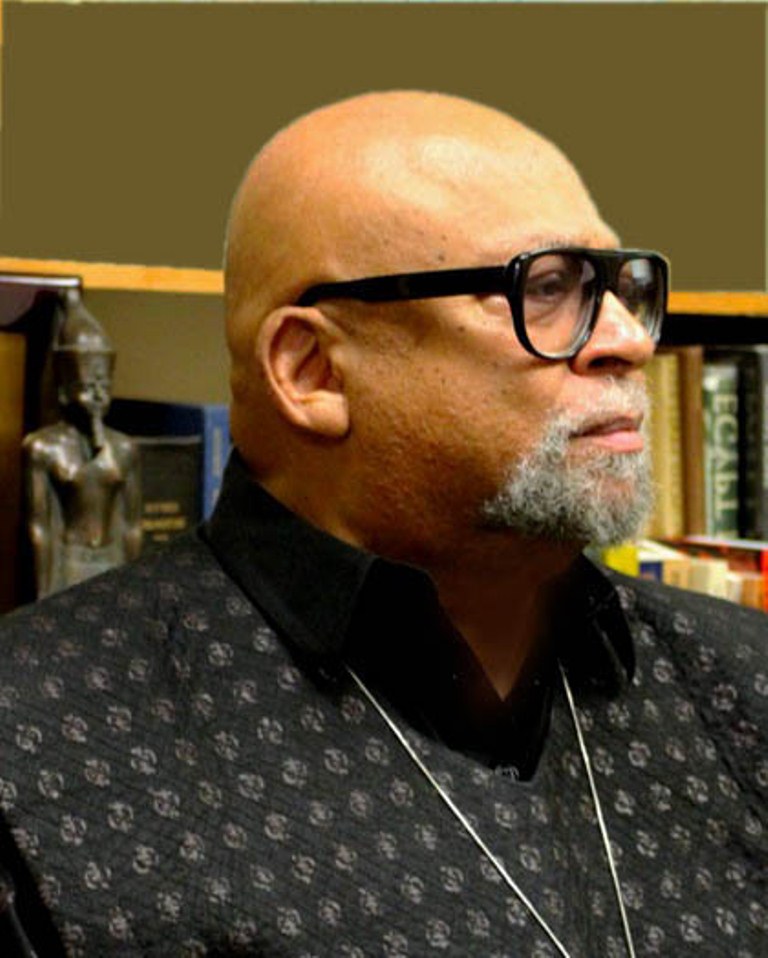
Op-Ed – Investing in Community Clinics is a Civil Right for Our Generation
The COVID-19 pandemic is still devastating Black communities because our fight for civil rights isn’t yet done.

The COVID-19 pandemic is still devastating Black communities because our fight for civil rights isn’t yet done.

August 11: The Watts Rebellion began as a fight against segregation & police discrimination in the Los Angeles area, 1965

April 3: 66 Signs of Neon, an art exhibit composed of roughly 50 works of art from the Watts Rebellion premiered, 1966

The Los Angeles Sparks recently hosted a panel for student athletes called: Navigating Mental Health & Wellness During Times of Social Unrest. The virtual panel was conducted to help youth process the tragedies of the COVID-19 pandemic and of racial inequality in America.

Charles R. Drew University of Medicine and Science, is a product of this history as we were founded in 1966 in direct response to the Watts Rebellion of 1965

When I was growing up, I didn’t understand what my father did for a living. I knew what he did was serious and important, not easily described to kids like me. I never asked questions about it, though I did try to figure it out by listening to him around the house, eavesdrop. I was drawn to his mysterious work because I sensed it was not only something my father did as a job, it was who he was—how he saw the world, what he believed in. These things were one and the same. I knew this because he never came home and put down his briefcase and officially put his work away, relaxed into dinner and home life. His work was truly all encompassing, present in the most casual conversations or when he wasn’t talking at all. And whatever this work was, I assumed only he could do it. It seemed unique to him.

(Remembering, reflecting and recommitting.) We cannot say it too often, stress it too much and certainly must never downplay in any way the definitive, determining and decisive role the principle and practice of righteous and relentless struggle have played in the self-conception, self-construction and self-assertion of our people and our organization Us, and the persons called into being and cultivated by both. For among the most defining features of our people is that we are a culture of righteous and relentless struggle, earnest and ongoing struggle to free ourselves and be ourselves, secure justice, expand the realm of human freedom,

On this day, August 11, 1965, the Watts Rebellion began as a fight against segregation and police discrimination in the Los Angeles area. Brought to you by the Black365 Calendar. Find out more at BlackHistoryCards.com.

In a series of visits in Watts, the Mayor highlighted the strong community bonds formed in the aftermath of the unrest; honored the strength and visionary spirit of those who raised families and started businesses there; and paid tribute to those who have tirelessly served the community

He had been using his step-father’s name when he died. That’s why no one knew who he was. When Marquette Price passed away at the age of 42 on December 20, 1986, it took four days for the coroner’s office to positively identify him. “Positive” may not be the right choice of words.
Marquette Frye had been known as the young man who sparked the Watts Uprising on the evening of August 11, 1965, after being stopped by a police officer for suspicion of drunk driving. It was the infamy of that event that led Frye to use the name Price for the ensuing 20-plus years.